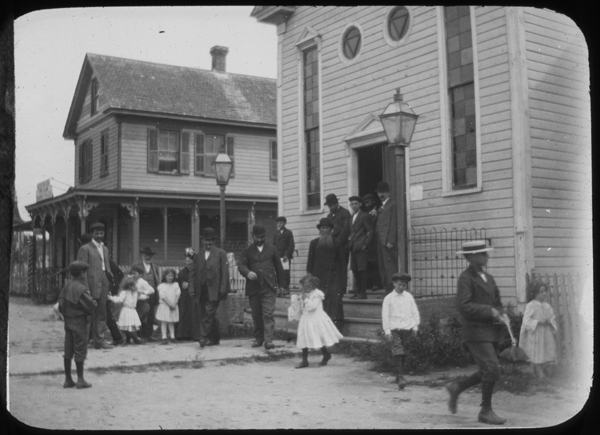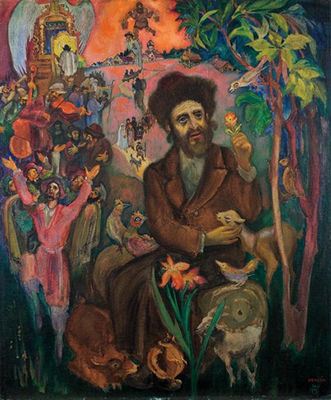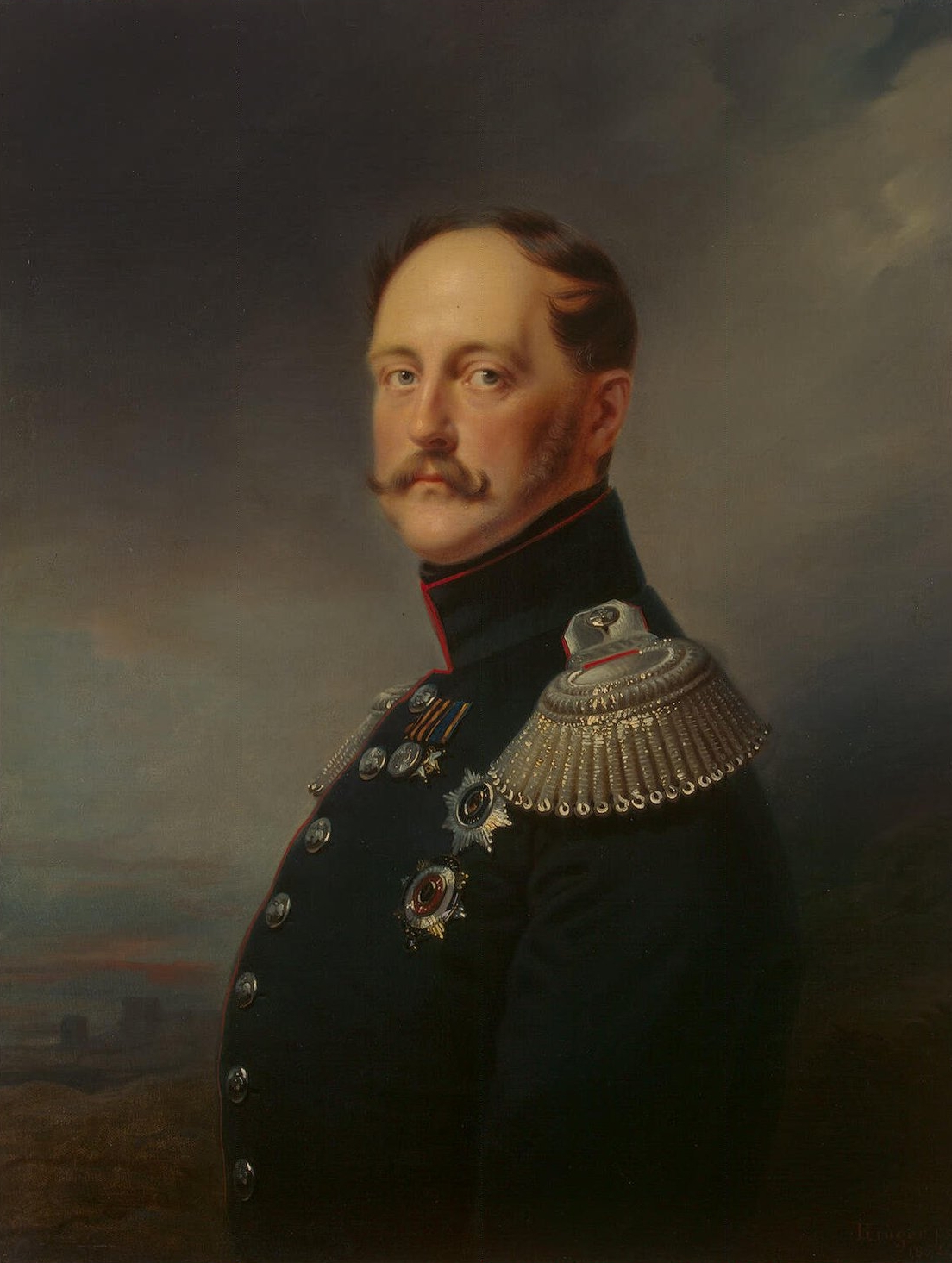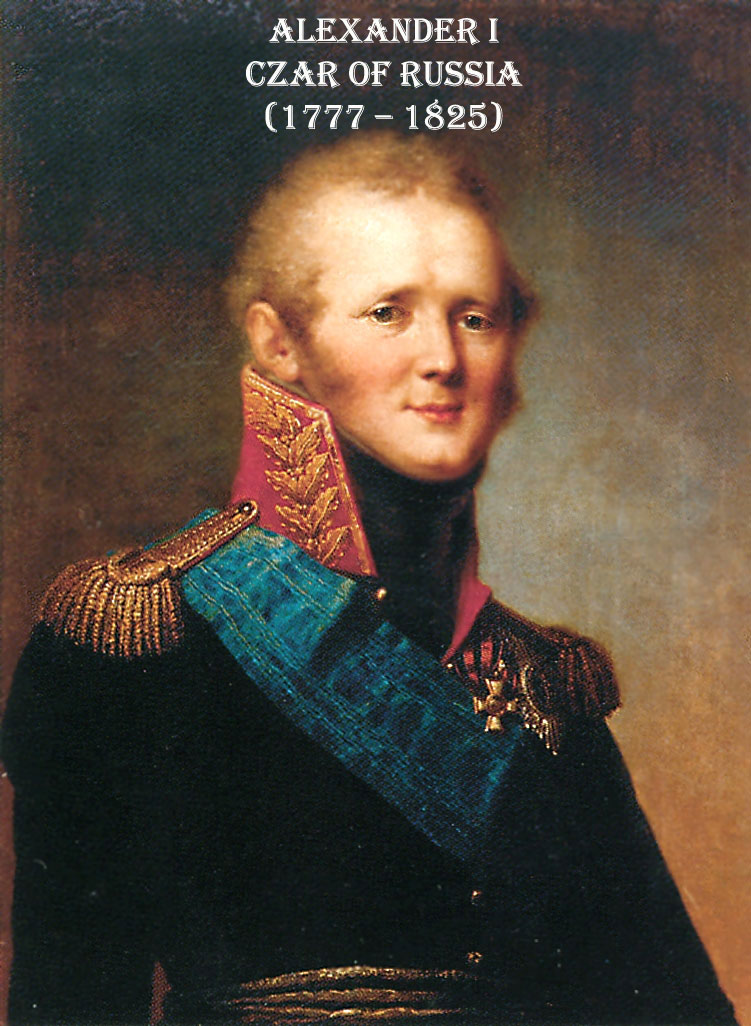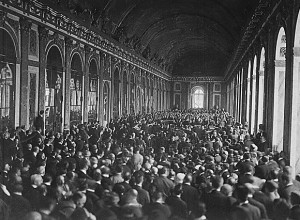
By recognizing certain boundaries and establishing certain political realities in Europe after the First World War the Treaty of Versailles in effect created a large number of new countries. This also had a monumental effect on the Jewish people.
The ethnic groups of all of these countries bore histories of tremendous hatred toward each other. And in all of these countries, the Jew was viewed as an outsider. For example, in Hungary the Jews were viewed as Austrians; in Austria they were Hungarians. In Romania, the Jews were Hungarians; in Hungary the Jews were Romanians. The fact is that the Jews cut across all these political lines. Hassidic rabbis in Romania had followers in Hungary, and vice versa.
There is a story told about a soccer championship game that was supposed to take place in Hungary. In honor of the game, the Hungarian border was opened with its neighbors, including Romania. The borders had always been closed because they were essentially in an ongoing state of war with each other. Nevertheless, for this one event the borders were opened. This created a unique opportunity for the followers of the Hassidim in Romania to see their spiritual leader in Hungary, whom they would not see ordinarily – at least in large numbers.
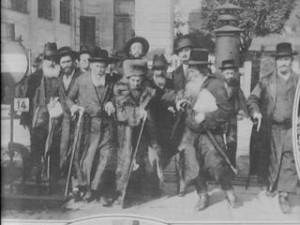
There were special sports trains that had been chartered. The Hassidim joined one of these trains to and fro. On the way back they happened to be in the train of the national team and fans who had lost. When the train crossed the border the fans were so incensed at their team that they pelted the train with stones and tomatoes. The Hassidim thought they it was meant for them. When the train finally arrived at the station there was a howling mob waiting for the team to vent their anger. They thought it was a pogrom. And they couldn’t understand why the police intervened to stop it! They were used to the police letting the pogroms happen! They didn’t realize that the police were there to protect the team.
The truth is that Jews did not care much whether they were Hungarian or Romanian. As far as the Jews were concerned, the more borders the better. It gave them spiritual opportunities, such as visiting their rabbis, and material opportunities, such as engaging in international trade. Therefore, the nationals in the country looked at the Jews as being foreigners.
When the Versailles Treaty put its stamp of approval on these new countries it unleashed a wave of bitter nationalism that easily turned into virulent anti-Semitism. The Jews had hoped for just the opposite: they hoped that the freedom would be better for them. But, in the end, it turned out very badly. The anti-Semitism became part of the government, part of the public policy. Jews had nowhere to hide. That was true in almost all of the new countries that were created.



